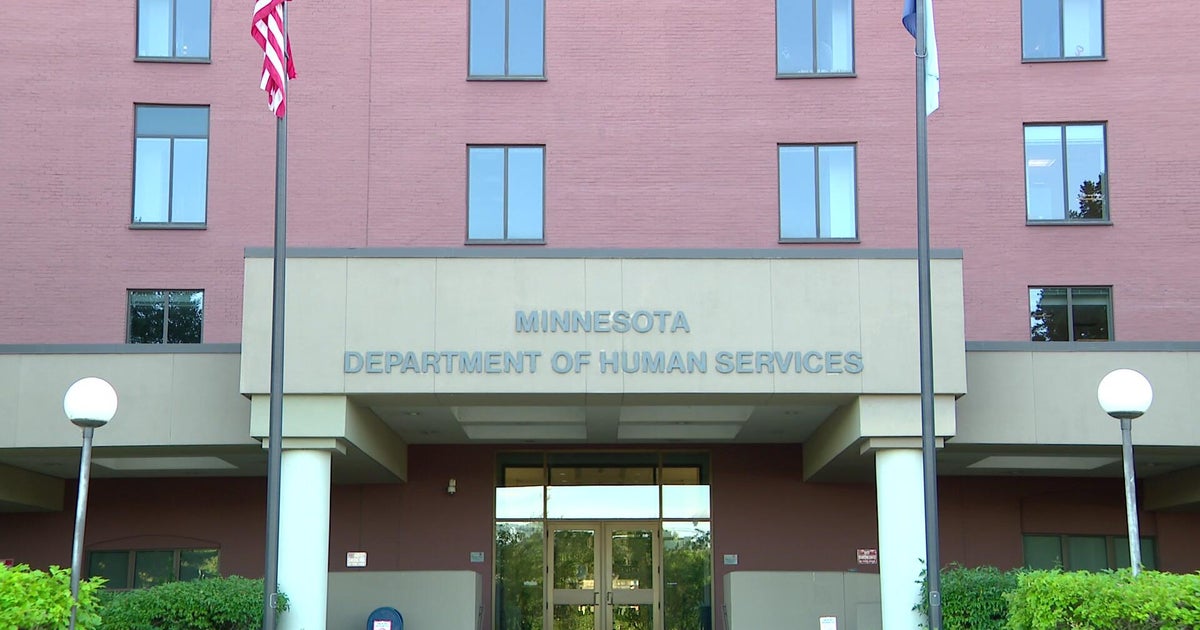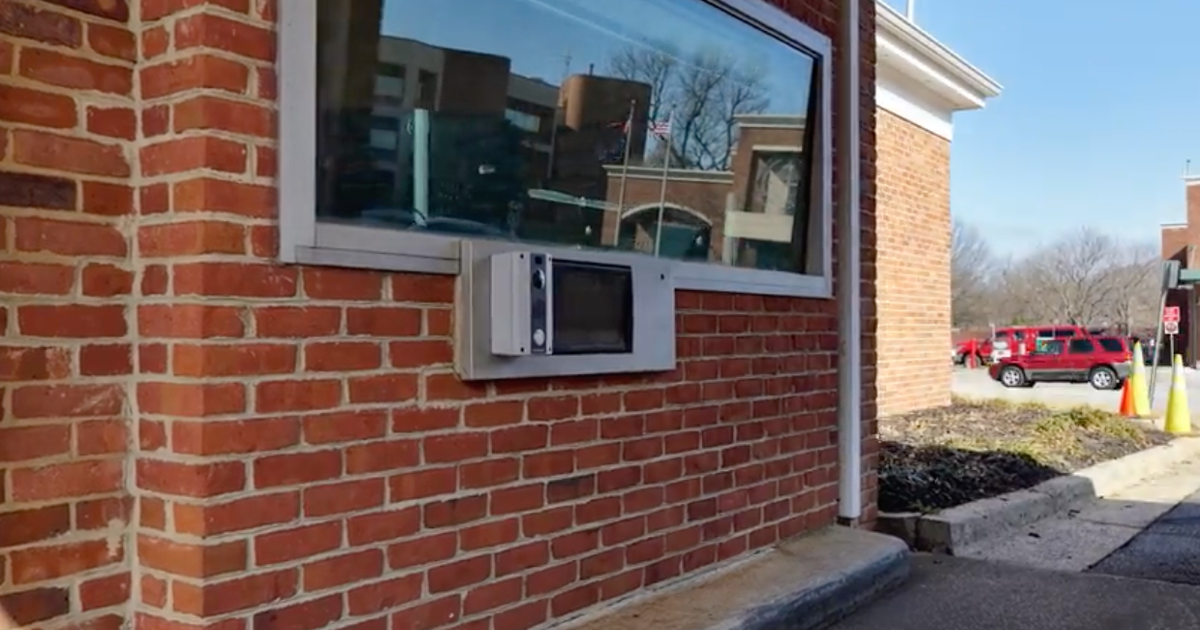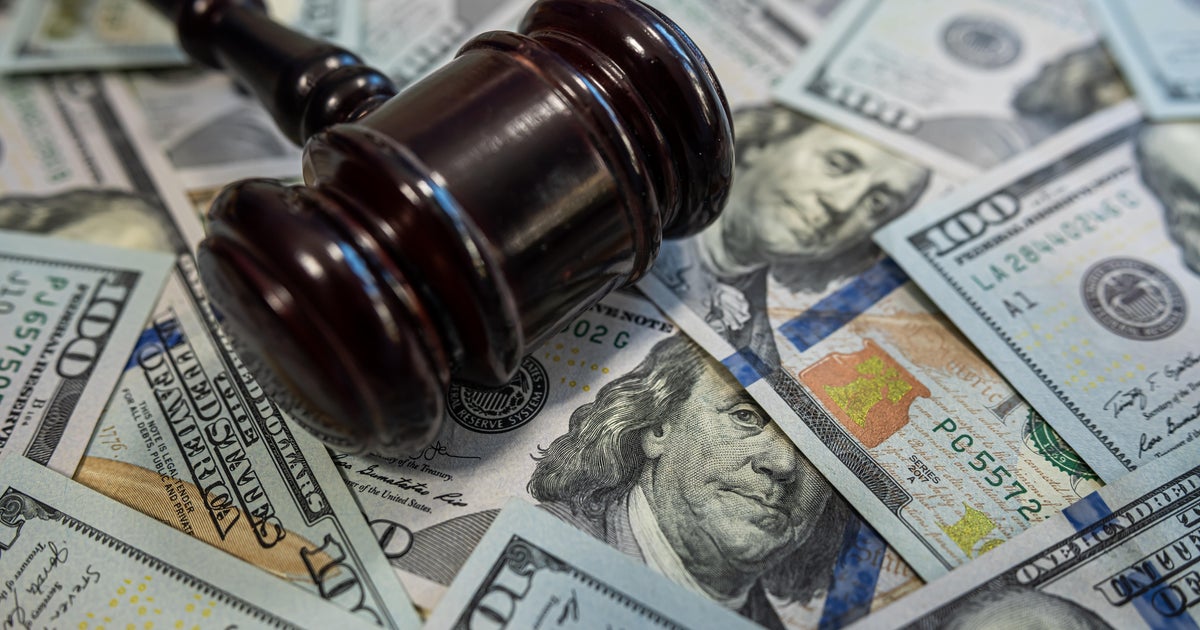Goldman To Pay Record SEC Settlement
 Goldman Sachs & Co. has agreed to pay $550 million to settle civil fraud charges that the Wall Street giant misled buyers of mortgage-related investments.
Goldman Sachs & Co. has agreed to pay $550 million to settle civil fraud charges that the Wall Street giant misled buyers of mortgage-related investments.
The settlement came on the same day that the Senate passed the stiffest restrictions on banks and Wall Street since the Great Depression.
The deal calls for Goldman to pay the Securities and Exchange Commission fines of $300 million. The rest of the money will go to compensate those who lost money on their investments.
The fine was the largest against a financial company in SEC history. The settlement amounts to less than 5 percent of Goldman's 2009 net income of $12.2 billion after payment of dividends to preferred shareholders - or a little more than two weeks of net income.
Word that Goldman had settled began leaking about a half hour before the market closed on Thursday and appeared to please investors. Goldman had been trading at about $140 a share. The stock rose to close at $145.22, up $6.16, and shot up to $153.60 in after-hours trading.
CBS News correspondent Anthony Mason pointed out that Goldman could afford the fine, and it may even be good for business. Goldman, as well as BP's, stock went up today because it looks like both companies are starting to close the door on embarrassing episodes.
The settlement involves charges that Goldman sold mortgage investments without telling buyers that the securities were crafted with input from a client that was betting on them to fail.
The securities cost investors close to $1 billion while helping Goldman client Paulson & Co. capitalize on the housing bust, the SEC said in the charges filed on April 16. It was the most significant legal action related to the mortgage meltdown that pushed the country into recession.
Goldman acknowledged that its marketing materials for the deal at the center of the charges omitted key information for buyers.
But the firm did not admit legal wrongdoing.
In a statement, Goldman acknowledged that "it was a mistake" for the marketing materials to leave out that a Goldman client helped craft the portfolio and that the client's financial interests ran counter to those of investors.
"We believe that this settlement is the right outcome for our firm, our shareholders and our clients," the firm's statement said.
Robert Khuzami, the SEC's enforcement director, called the settlement a "stark lesson to Wall Street firms that no product is too complex, and no investor too sophisticated, to avoid a heavy price if a firm violates the fundamental principles of honest treatment and fair dealing."
The SEC's wide-ranging investigation of Wall Street firms' mortgage securities dealings in the years running up to the financial crisis goes on, Khuzami said.
"We are looking at deals across a wide variety of institutions and a wide variety of circumstances," he said.
The settlement is subject to approval by a federal judge in New York's Southern District.
The SEC said its case continues against Fabrice Tourre, a Goldman vice president accused of shepherding the deal.
Tourre is still employed by Goldman and remains on paid administrative leave, according to a person familiar with his status who wasn't authorized to discuss the matter publicly. Goldman is paying Tourre's legal expenses, the source said.
The Justice Department opened a criminal investigation of Goldman over the transactions in the spring, following a criminal referral by the SEC. Executives of the firm were grilled by senators at a politically charged hearing.
Of the $550 million Goldman agreed to pay, $250 million will go to the two big losers in the deal. German bank IKB Deutsche Industriebank AG will get $150 million. Royal Bank of Scotland, which bought ABN AMRO Bank, will receive $100 million.
Goldman will pay back $15 million in fees it collected for managing the deal. The remaining $535 million is considered a civil penalty.
Paulson was not charged by the SEC.
Goldman's legal troubles may not be over. Despite the settlement, investors who lost money on the transactions could still sue Goldman for civil damages, Thomas Ajamie, a Houston-based defense lawyer who specializes in financial fraud cases.
"Nothing stops the investors from filing their own claims," Ajamie said.
© MMX, CBS Interactive Inc.. All Rights Reserved. This material may not be published, broadcast, rewritten, or redistributed. The Associated Press contributed to this report.







